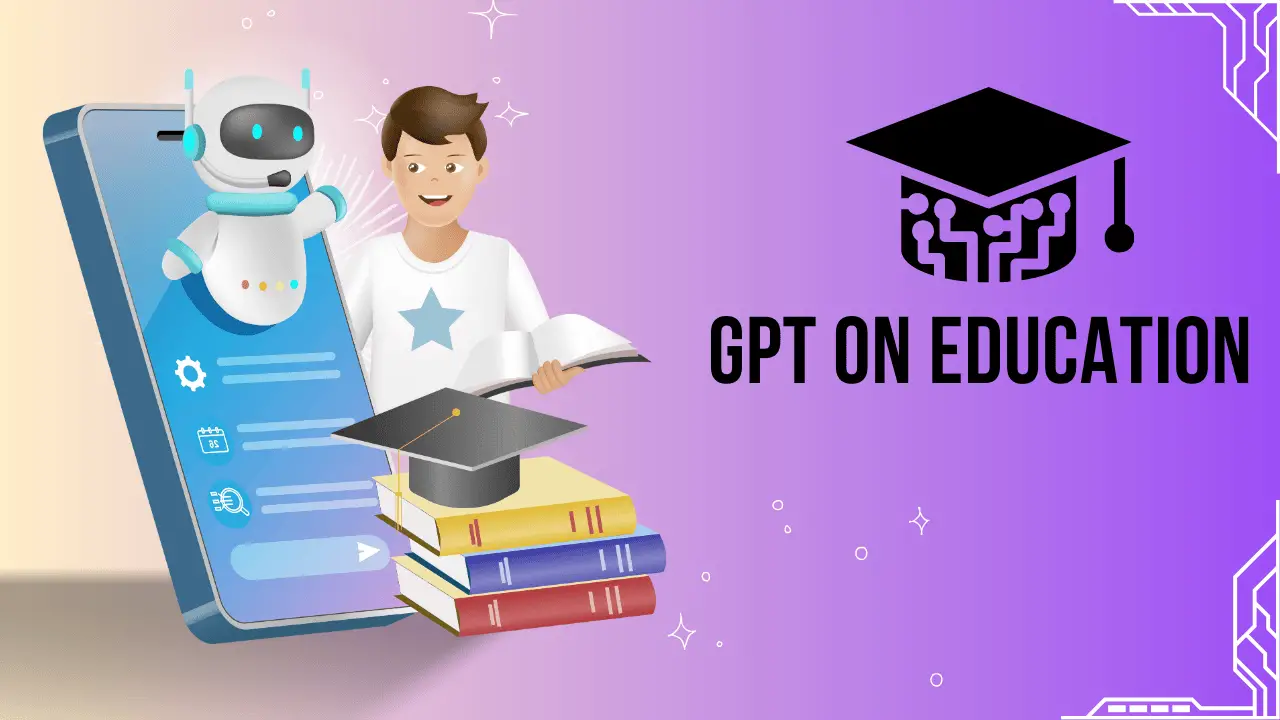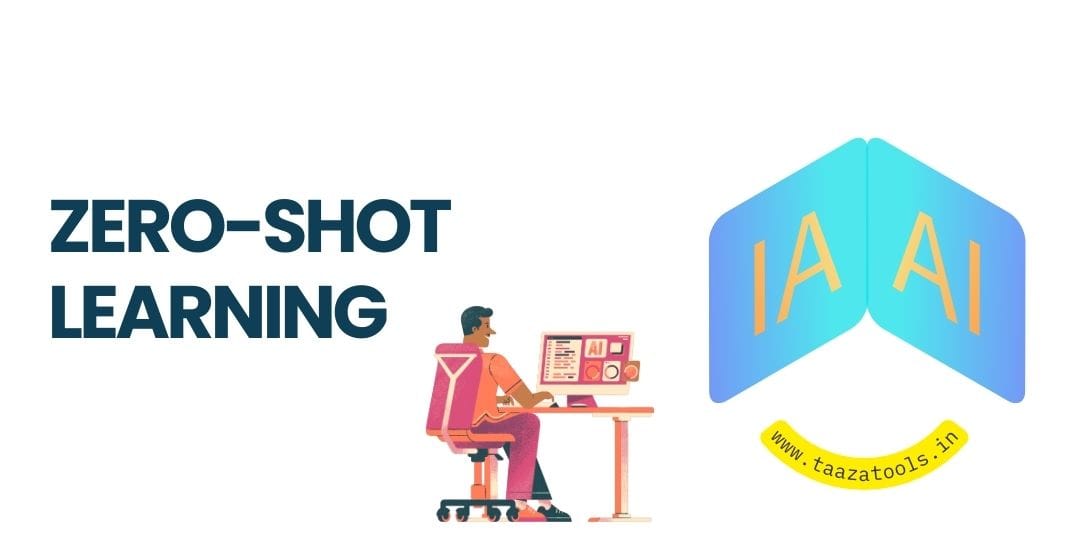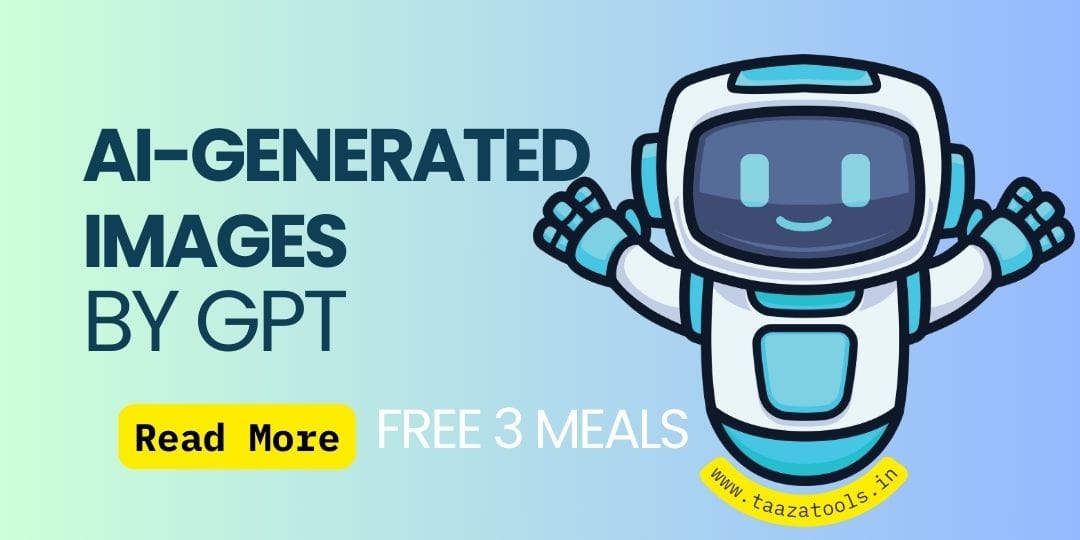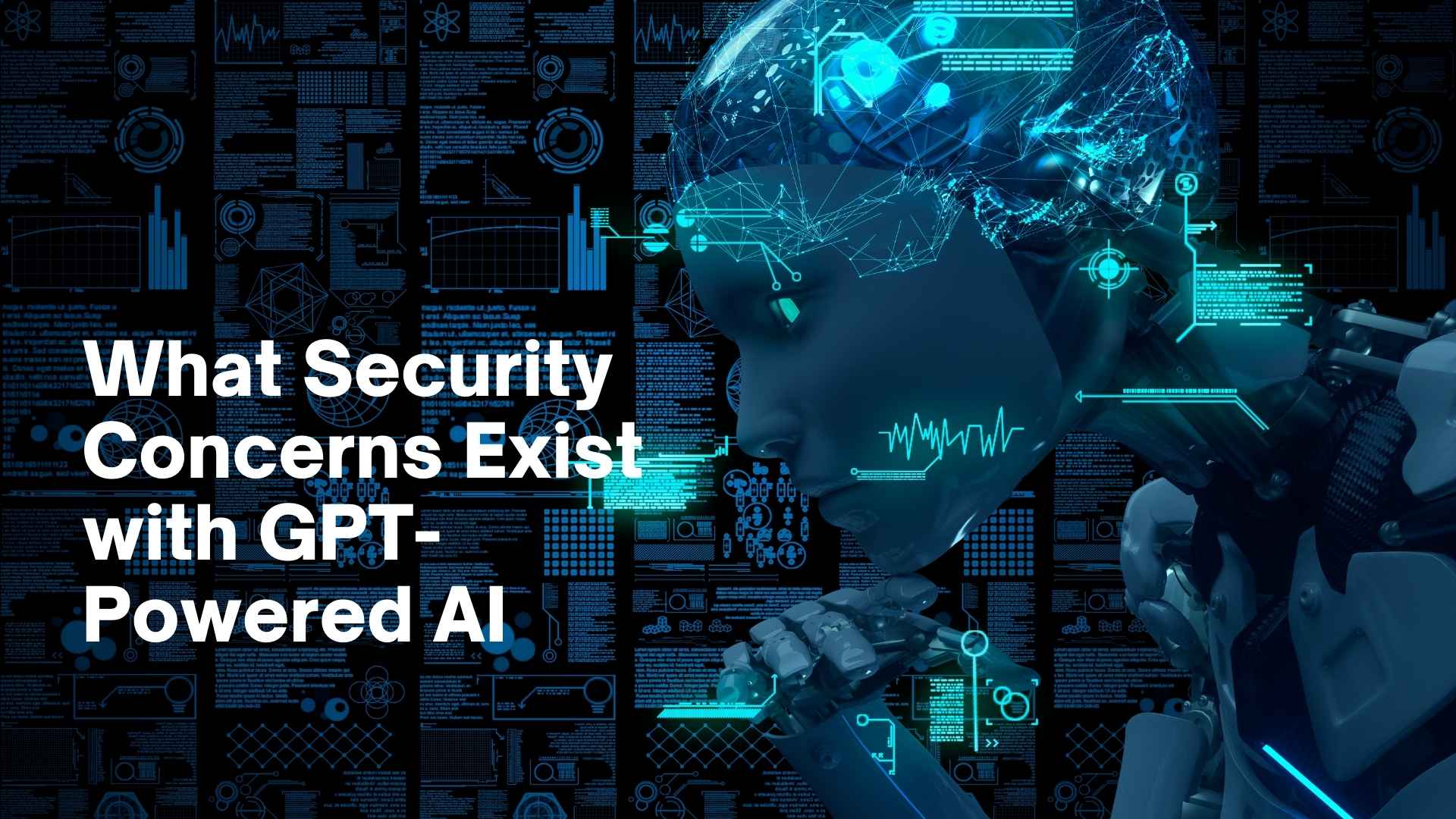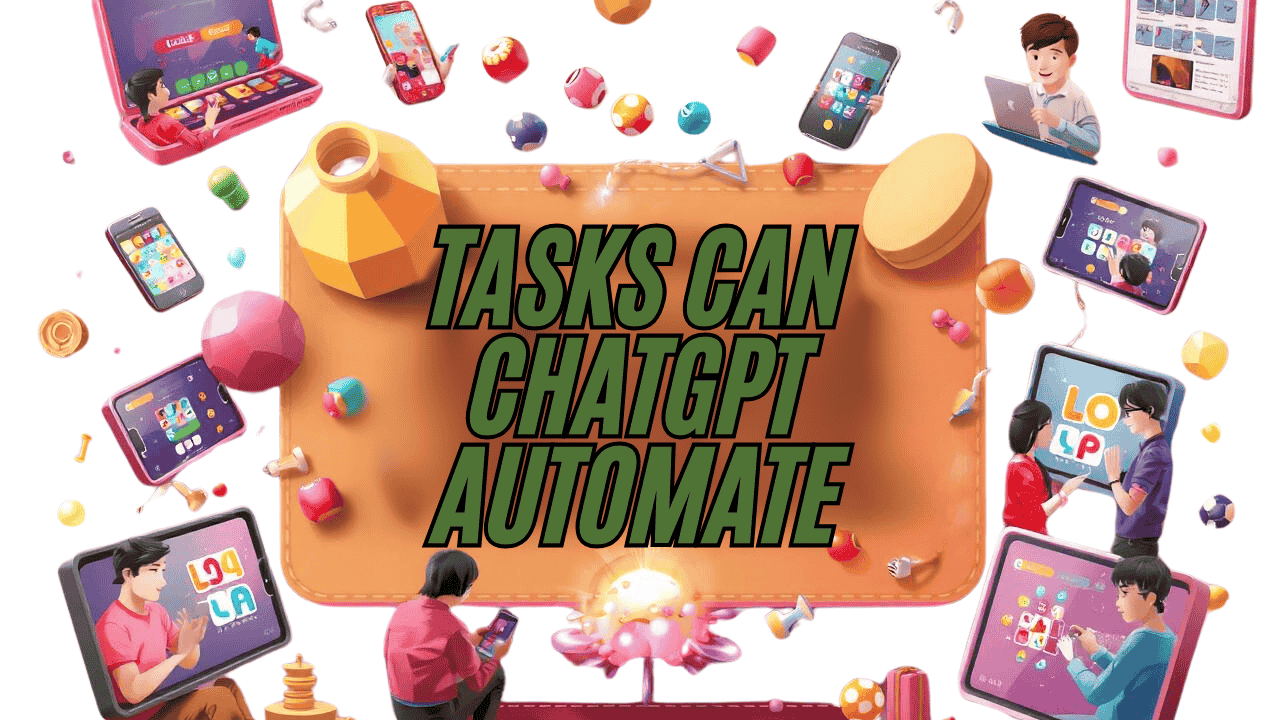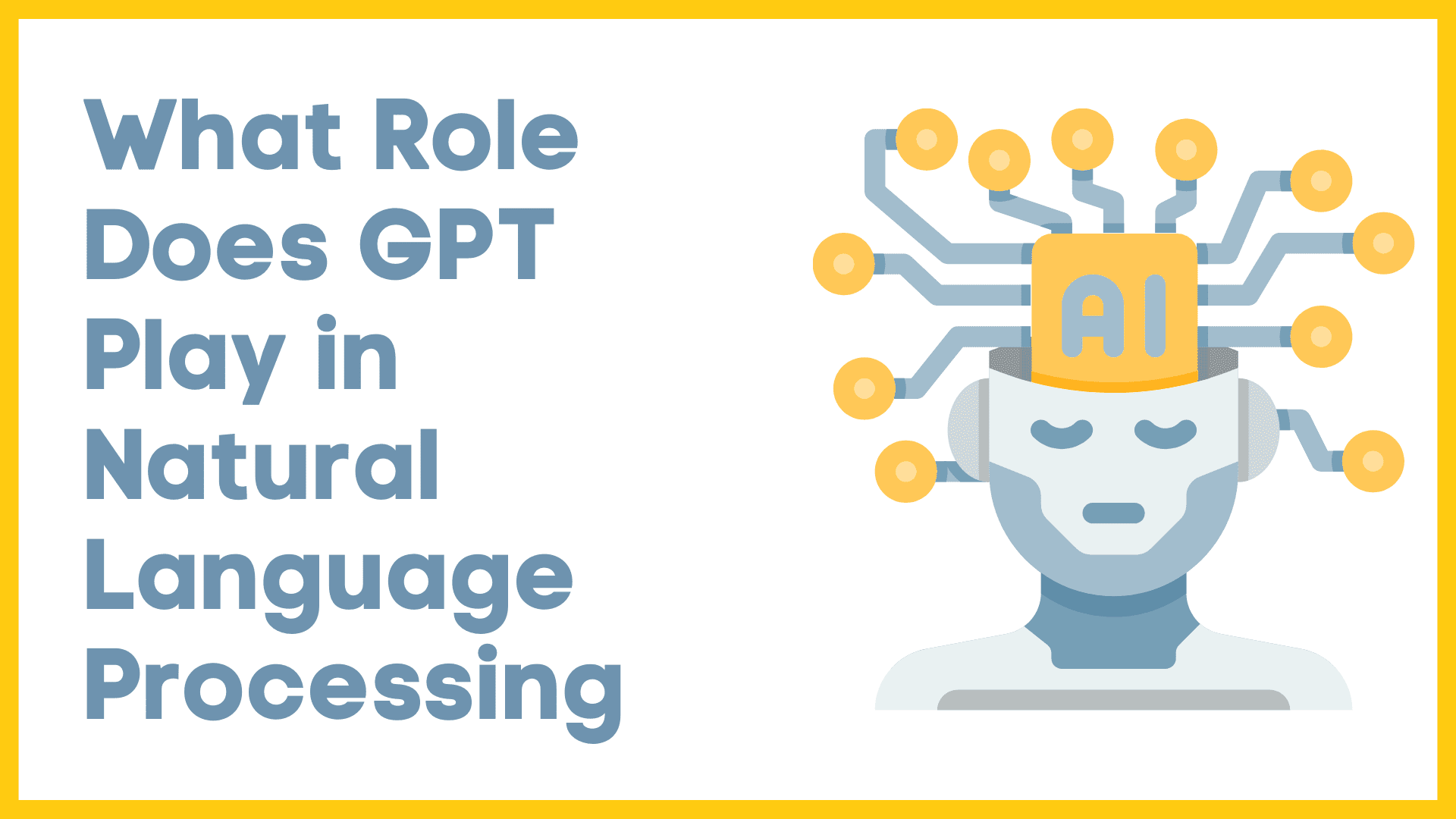Artificial Intelligence has transformed many sectors, and GPT (Generative Pre-trained Transformer) is one of the AI technologies that has had a profound impact on education. With the potential to automate tasks, improve learning experiences, and provide personalized instruction, GPT is reshaping the educational landscape. Let’s dive into how GPT is influencing the education sector, its benefits, challenges, and future implications.
Enhancing Personalized Learning Experiences
One of the most significant impacts of AI and GPT on education is the ability to deliver personalized learning experiences. Traditional classrooms often struggle with addressing the diverse learning needs of every student. GPT models can analyze individual learning patterns and provide tailored content to suit different learning styles.
For example, a student struggling with math can get specific feedback and explanations that are personalized to their knowledge level. Similarly, students who excel in a subject can be challenged with more advanced content. This personalization ensures that each student progresses at their own pace, improving both their understanding and retention of knowledge.
Additionally, GPT can assist with creating personalized study plans, recommend resources, and even predict areas where students might struggle, allowing teachers to intervene early.
Automating Administrative Tasks
Teachers and educators often spend a significant amount of time on administrative tasks, such as grading assignments, managing lesson plans, and communicating with students. GPT and other AI technologies can automate many of these tasks, freeing up educators to focus on what they do best—teaching.
For example, GPT can grade essays, provide feedback on assignments, and even answer routine student queries. This reduces the workload for teachers and allows them to allocate more time to student interaction and lesson planning. Automated grading also offers a consistent and unbiased evaluation, helping to ensure fairness in assessments.
Moreover, chatbots powered by GPT can be used to handle administrative queries, schedule appointments, or send reminders to students, reducing the need for human intervention in repetitive tasks. This allows the entire educational system to run more efficiently and effectively.
Supporting Lifelong Learning
In today’s fast-paced world, the concept of lifelong learning is becoming increasingly important. With the rapid advancement of technology, professionals need to continually update their skills and knowledge. GPT plays a key role in supporting lifelong learning by providing learners with easy access to educational resources.
From answering complex questions to summarizing lengthy texts, GPT can serve as a virtual assistant for anyone seeking knowledge. Whether it’s for professionals looking to upskill or hobbyists pursuing a new passion, GPT offers learners an accessible, on-demand learning tool. The AI can recommend courses, articles, and tutorials that match the learner’s current knowledge level and future goals.
Moreover, GPT can assist in real-time by providing explanations, offering different perspectives on a topic, and even helping users practice new skills through interactive sessions.
Challenges and Ethical Considerations
While GPT and other AI technologies bring numerous benefits to education, there are also challenges and ethical considerations that must be addressed. One of the primary concerns is the potential over-reliance on AI systems. If students or educators rely too heavily on GPT, it could diminish critical thinking and problem-solving skills.
Another challenge is the issue of data privacy. GPT systems require large amounts of data to function effectively, which raises concerns about how student data is collected, stored, and used. Ensuring that data privacy laws are upheld is crucial in maintaining trust in AI systems in education.
Additionally, while GPT can offer personalized learning, it is still an AI and cannot fully replace human interaction and mentorship, which are crucial elements of the learning process. There’s also the risk of misinformation, as AI systems can sometimes provide incorrect or biased information. Teachers and educators need to ensure they maintain oversight and guide students in their learning journeys.
Conclusion
The impact of AI technologies like GPT on education is undeniably transformative. From enhancing personalized learning experiences to automating administrative tasks, GPT is reshaping the way we approach education. It supports lifelong learning by offering accessible, on-demand knowledge to learners of all ages and backgrounds. However, it is essential to address the challenges and ethical concerns, such as over-reliance on AI and data privacy issues, to ensure that the integration of AI into education remains beneficial.
As GPT technology continues to evolve, it will likely become even more integrated into the educational system, offering new ways to learn and teach. The key will be to strike a balance between leveraging the power of AI and maintaining the human elements of education that are so vital for personal and intellectual development.

